Porn Discounts Sex Games Porn Games Juegos XXX Hentai Games PornStar Games 3D Porn Tantaly Sex Doll Cupsland Sextoy Live Cams
Live Sex Free Live Sex Free Sex Games PŠginas Porno Rose Toy Free OnlyFans Celebrity Fappening Celebrity Sex Videos TikTok Porn Best OnlyFans
Live Sex Free Live Sex Free Sex Games PŠginas Porno Rose Toy Free OnlyFans Celebrity Fappening Celebrity Sex Videos TikTok Porn Best OnlyFans
Published on 2024/09/03
ITíS ME, ME, ME, AND THEN ME AGAIN

Why do so many people feel the need to share everything they do on social media?
For many, the urge to post every aspect of their lives online stems from a desire for validation or approval. The "likes" and comments serve as a kind of positive reinforcement that makes them feel good about themselves. Each interaction acts like a small dose of dopamine, making it hard to resist the urge to keep sharing.
Social media also allows people to build and display an idealized version of their lives, a sort of digital showcase where everything looks perfect. This might be driven by a narcissistic tendency, where the goal is to attract attention and stand out from the crowd. The pursuit of that "perfect" public image becomes a form of self-affirmation, even if it doesnít fully align with reality.
Itís a way to compete with others, trying to prove that their life is more interesting or exciting. In many cases, the need to share becomes an endless cycle of comparison and competition, where what really matters is not what is actually lived, but how it is presented to the world.
Feel free to cringe.
|
➡️ Let's do real, be real with Tantaly, the sex doll torso leader |
ExtraBall
Grandmaís 10,000 steps.
ExtraBall2
(Clicking on these links daily you support ALRNCN's work. They're collaborators or sponsors and, by visiting their sites, they like us even more)










DRONES: AS USEFUL AS THEY ARE DESTRUCTIVE
Drones have transformed modern warfare, evolving from reconnaissance tools to high-precision weapons capable of eliminating specific targets with surgical strikes. Equipped with advanced sensors and guided weaponry, they are essential in military and urban operations, though not without controversy due to errors and collateral damage.
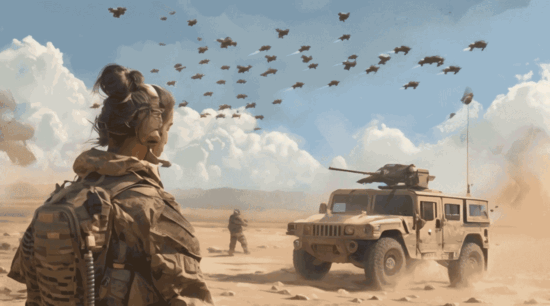
Their accessibility and vulnerability to hacking make them a potential weapon for terrorist groups, as seen with modified commercial drones carrying explosives. In recent conflicts, such as Armenia-Azerbaijan and Ukraine, they have proven effective in destroying armored vehicles and anti-air systems. They have also been used in terrorist acts, showing their capability to strike unexpected targets.
Despite their advantages, drones pose significant risks: uncontrolled conflict escalation, psychological impact on target zones, and proliferation of technology to non-state actors. They represent the future of remote warfare, but their use must be regulated to avoid unforeseen consequences, as their power can be as destructive as it is useful.

# Watch Video
ExtraBall
Todayís slow-motion highlight.
ExtraBall2
(Clicking on these links daily you support ALRNCN's work. They're collaborators or sponsors and, by visiting their sites, they like us even more)










DOING THINGS AS A COUPLE STRENGTHENS THE BOND
Sharing activities as a couple isnít just about spending time together; itís about building connection, breaking routines, improving communication, and creating unique memories. Whether itís cooking a new recipe, exploring something creative, or simply enjoying a walk, every experience adds to the emotional bond and strengthens the relationship. What matters isnít the scale of the activities but the intention to connect and enjoy each other.
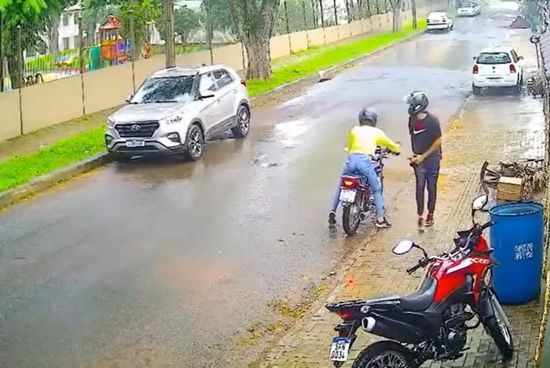
# Watch video
ExtraBall
The slow-mo of the day.
ExtraBall2
(Clicking on these links daily you support ALRNCN's work. They're collaborators or sponsors and, by visiting their sites, they like us even more)











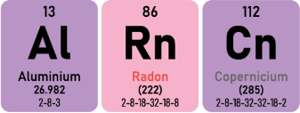














RECOMMENDED SITES
 Add your site
Add your site
- Motherless
- mybigtitsbabes
- BoobieBlog
- celeb-stalker.com
- Babes & Bitches
- drunkenstepfather
- Erotic Beauties
- Candid Teens
- Kanoni Net
 Add your site
Add your sitePorn Discount
💩 CrazyShit
🤪 eFukt
NudeChatGirls
👉🍑 Top XXX Pictures
Bingo Porno
Best Porn Blog Sites
Sex Games
Real Amateur Porn
MrPornGeek
CamBB.xxx
ChatSex.xxx
Comepollas
PornScn Free Porno
AI Girlfriend App

















DEATH DOESNíT APPLY TO YOU
Youth, with its energy and vitality, often feels invincible. Many young people live as if they will always be around, without considering the consequences of their actions. They throw themselves into experiencing the world without limits, chasing thrills and pushing boundaries, unaware that we only have one life.
Unfortunately, this sense of invulnerability often leads them to make risky decisions, whether physical, emotional, or even social. They donít always think about the long-term repercussions: a bad decision in a moment of euphoria can have serious consequences.
The paradox is that while they are immersed in this relentless search for experiences, they often forget that life, precisely because itís unique, deserves to be cared for and protected.
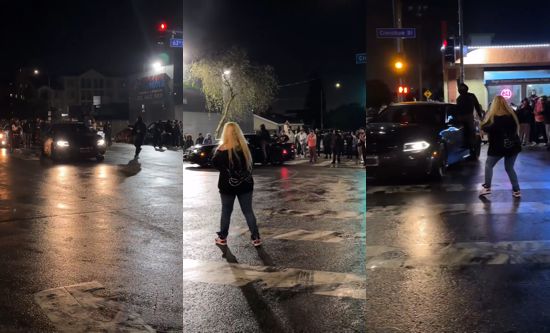
# Watch videos
ExtraBall
Is this what rich people do at their parties?
ExtraBall2
(Clicking on these links daily you support ALRNCN's work. They're collaborators or sponsors and, by visiting their sites, they like us hayleyn more)












WHEN YOU PLAY WITH FIRE
Fire has always been a powerful symbol in our history: light in the darkness, warmth in the cold, but also a constant reminder that beauty can be dangerous. In street performances, the balance between control and chaos is part of the magic.
A perfect move can draw applause, but a small mistakeóa spark out of place, an unexpected twistócan change the show in an instant. Because, in the end, fire doesnít truly let itself be tamed. And thatís its allure: we love it, even knowing it can consume us.
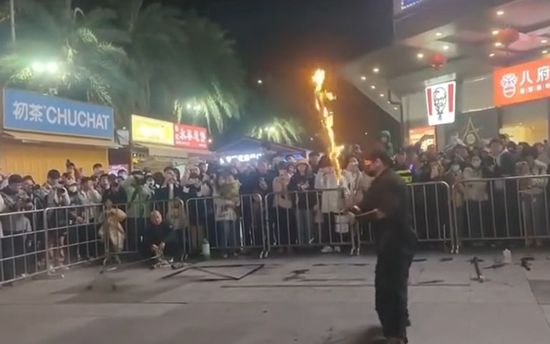
# Watch videos
ExtraBall
Getting that booty in shape.
ExtraBall2
(Clicking on these links daily you support ALRNCN's work. They're collaborators or sponsors and, by visiting their sites, they like us even more)











Contact
You can tell us whatever you want via email: [email protected]
If you prefer, you can use this contact form:
If you prefer, you can use this contact form:






I SAW THAT GOING DIFFERENTLY IN MY MIND VOL83
Having an excessively high self-esteem can lead to underestimating risks, ignoring valuable advice, and taking on challenges for which you are not prepared. It's crucial to recognize your limitations and be willing to ignore that inner voice that tells you that you can do everything.

# See videos
ExtraBall
The new gardener.
ExtraBall2
(Clicking on these links daily you support ALRNCN's work. They're collaborators or sponsors and, by visiting their sites, they like us even more)











KARMA AND INSTANT KARMA
Karma is a concept rooted in the religious and philosophical traditions of India, like Hinduism and Buddhism, referring to the spiritual law of cause and effect. Simply put, karma means that a person's actions, whether good or bad, will bring about consequences that will manifest in the future, either in this life or in future ones.
Bad karma refers to the negative consequences that come from harmful, unjust, or immoral actions. Itís the idea that if you do something wrong, you will eventually face something negative as a form of retribution. In popular culture and especially on social media, "instant karma" describes when someone immediately experiences a consequence for an inappropriate or negative action.

# Watch Video
ExtraBall
Eliminated!
ExtraBall2
(Clicking on these links daily you support ALRNCN's work. They're collaborators or sponsors and, by visiting their sites, they like us rmcn more)


































